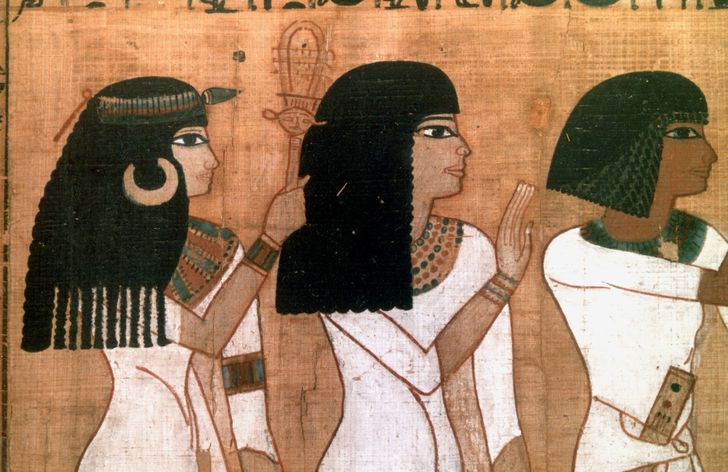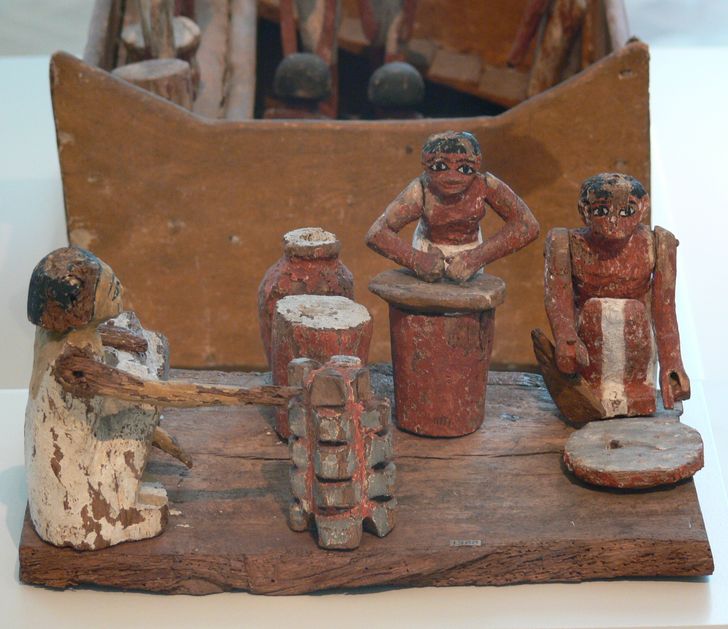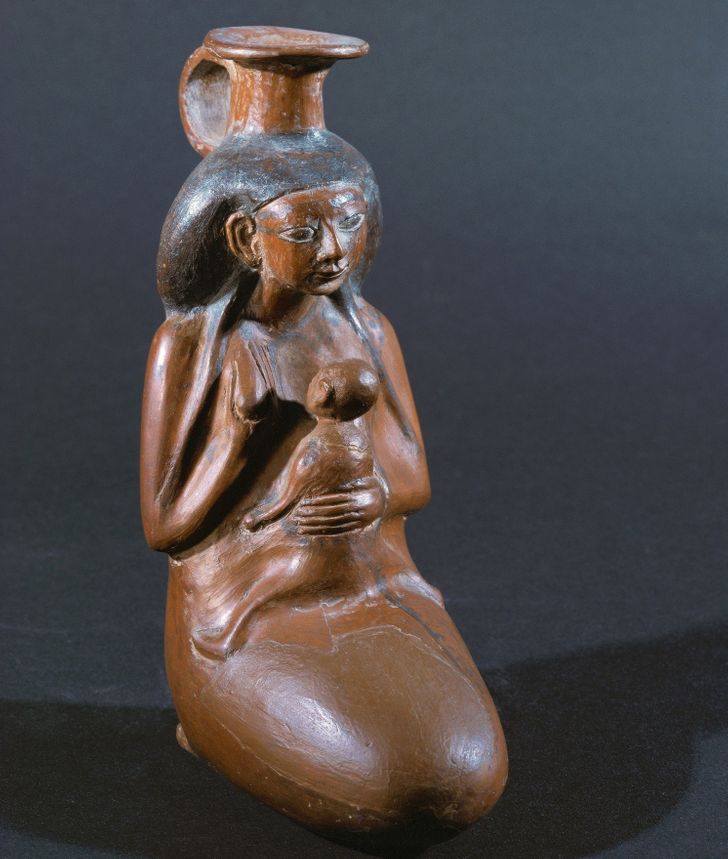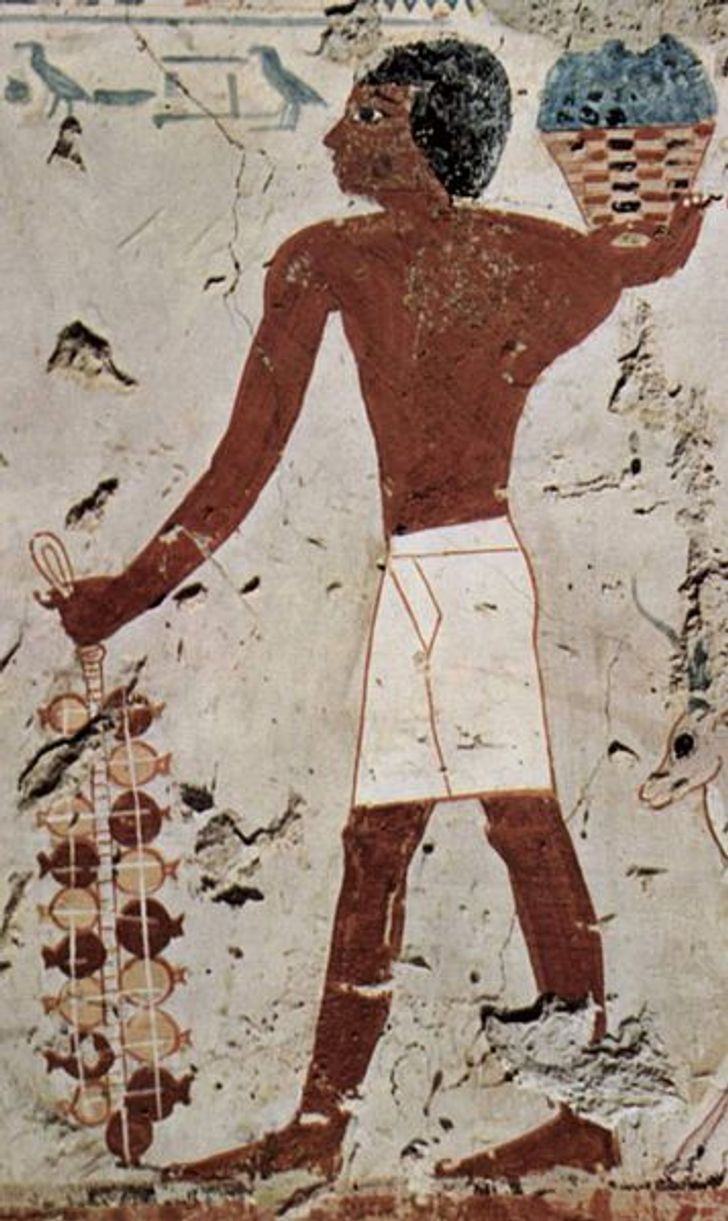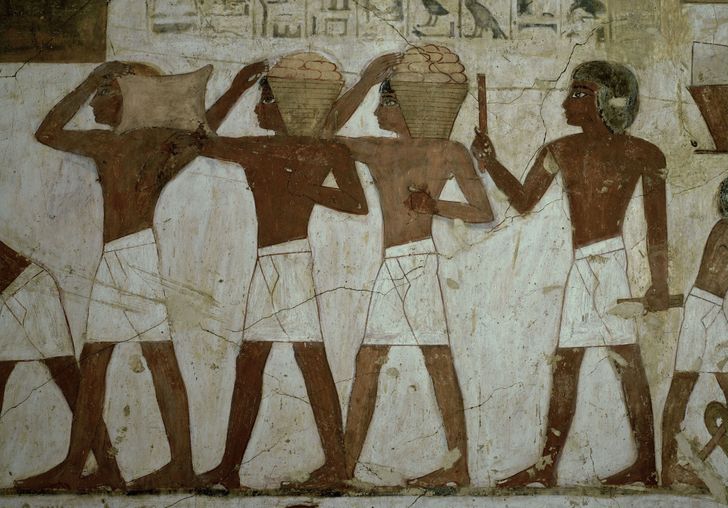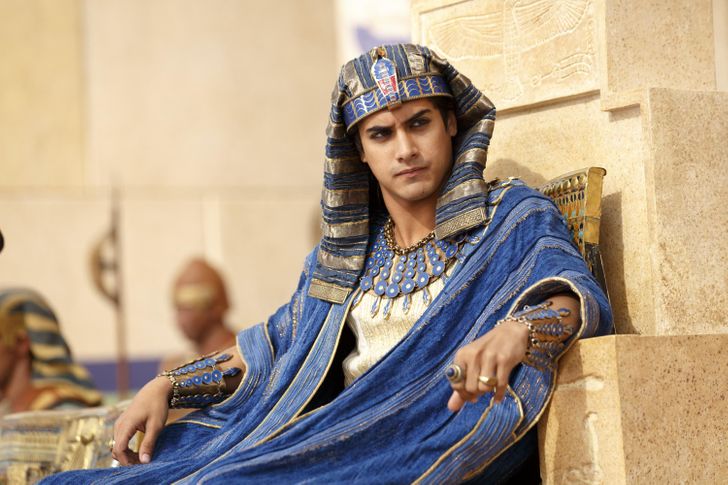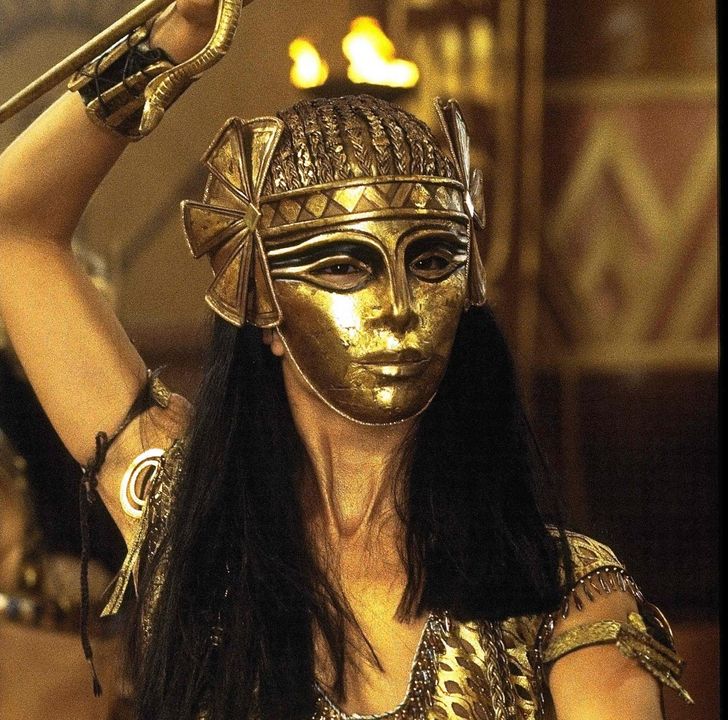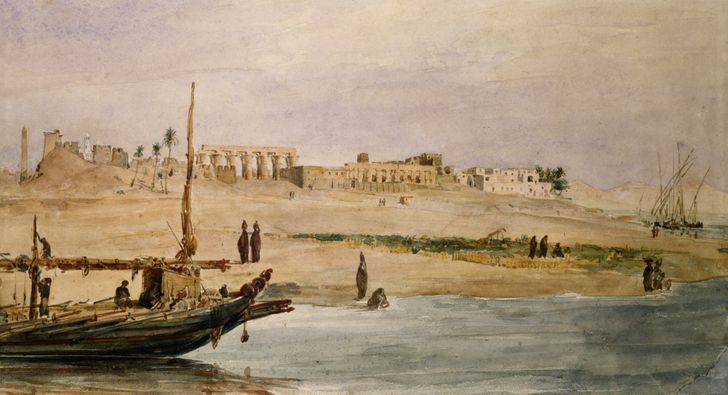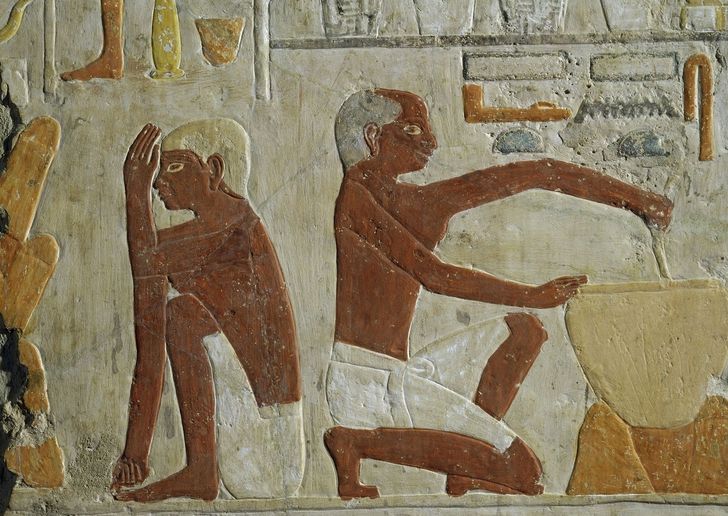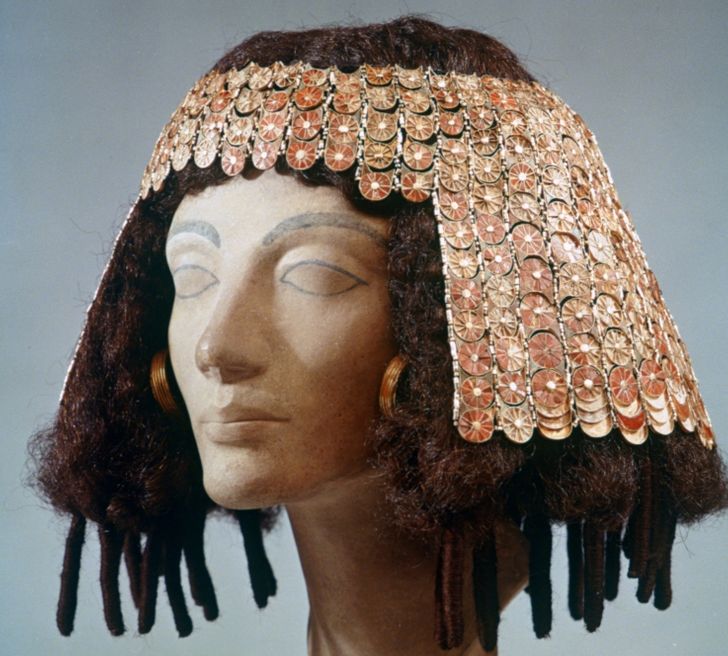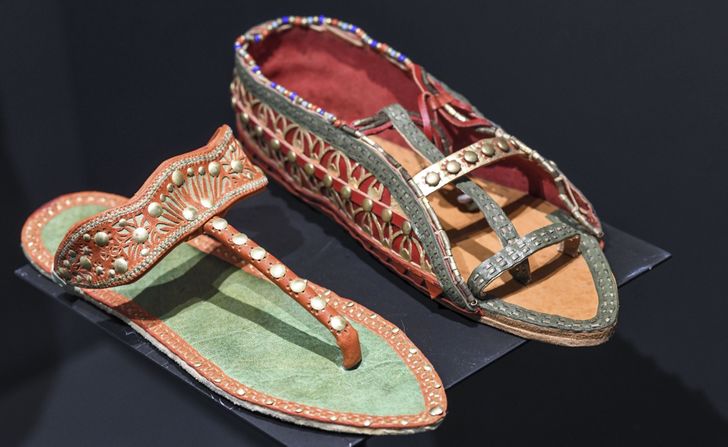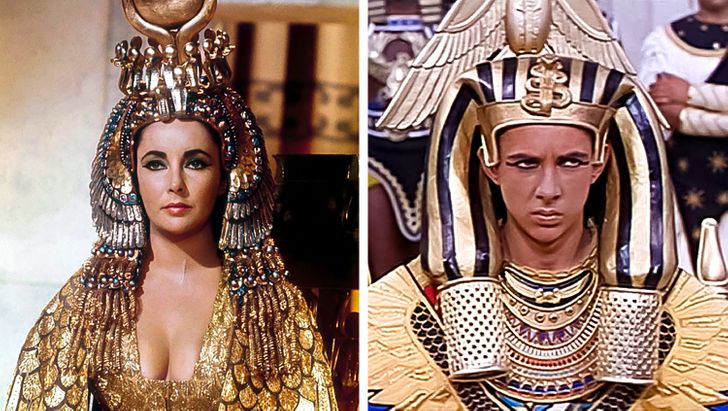woah. .. this is cool!
15+ Facts About Ancient Egyptians That Could Even Confuse a History Teacher
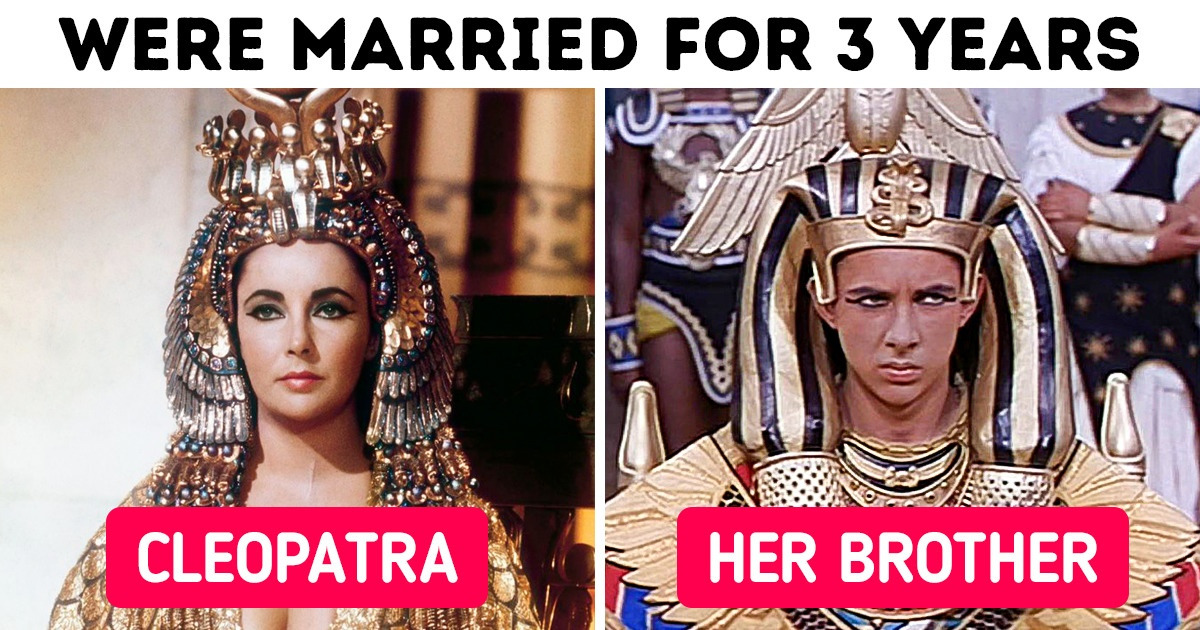
What do we know about ancient Egyptians? They invented paper, they mummified pharaohs, and they built mysterious pyramids — the secrets of which still haven’t been uncovered by the leading scientists of the world. Of course, all of this is extremely interesting, but there are many other, no less impressive, facts about Ancient Egypt. What’s more, Egyptians’ weekdays were much brighter and hectic than we can imagine.
We at Bright Side decided to open up the curtains of history and found some really interesting facts about Egyptians that you will neither read in history books nor see in Hollywood blockbusters.
- Women in Ancient Egypt had the same rights as men. They could own and control property and land ownership was transferred exclusively through the maternal line. Egyptian women dressed the way they wanted, they chose a husband by themselves, they could apply for a divorce, and they could even get married for a second time.
- Despite the fact that most women were housewives, some of them (mostly from the lower strata of society) labored the same as men. They worked in flour and spinning mills, brewed beer, and replaced their husband in the shop while they were in the field. Noble Egyptian women had an opportunity to get an education and could take highly-authoritative positions in exceptional cases: from scribes and doctors to priestesses of female deities, and even as rulers of the state.
- Wet nurses commanded special respect and were even equated with deities. Despite the fact that they were medically advanced for their time, childbirth was not given the attention it deserved — that’s why many women died while they were in labor. What’s more, in the hot climate, breastfeeding was considered hugely important because milk prevented babies from dehydration. That’s why wealthy families often signed a contract with a wet nurse, according to which, in the case of the mother’s death, she was obliged to take care of the baby.
- The ancient Egyptian diet mostly consisted of fruits and vegetables. They would eat meat only during holidays and celebrations because it spoiled fast in the hot climate. While beer was available for anyone, wine was only affordable to wealthy parts of society. Coconuts were another delicacy that was imported to Egypt from other countries.
- Pyramids were not built by slaves, but by hired employees, and the tombs found near the Giza pyramids confirm it. A study of the skeletons found there showed that the buried were engaged in hard physical labor. Archaeologists agree that they were the ones who built the pyramids. Moreover, the location of the tomb confirms that the departed couldn’t have been slaves, because only respected people could have the honor of being buried near the sacred tombs of pharaohs.
- Another fact confirming the theory that the builders couldn’t be slaves is that most of the population of Ancient Egypt was engaged in agriculture. And since the soil in the Nile valley was only available for agricultural work several months a year, farmers were free from their main work most of the time. That’s when they worked for the pharaoh building pyramids and temples and got remuneration in the form of beer — from 1 to 1.3 gallons a day.
- Birthdays were celebrated in Ancient Egypt only by members of the nobility, but they didn’t do it the way we do it today. They held a festivity on the day of their coronation. Some historians believe the custom of wearing crowns on birthdays originated at these early birthday festivals.
- A person’s name was kept a secret for his/her lifetime. According to the legend, if someone learned it, they could influence this person in a magical way. That’s why Egyptians used nicknames — or so-called “kind” names. By the way, that’s the reason why many pharaohs took the names of great ancestors when ascending the throne. They believed these names were a guarantee of their own safety and a conductor to eternity.
- Egyptians were afraid to die outside of their motherland — they believed they could be reborn and that their soul would safely pass to the afterlife only if they were buried in the sacred valley of the Nile. It is for this reason that the inhabitants of Egypt, unlike other ancient people, didn’t travel much and couldn’t brag about their impressions of other countries, like the Greeks, for example.
- Gold bridges that were found on some mummies, where other people’s teeth were used, prove that the Egyptians practiced dental prosthetics. But it still remains unknown whether these constructions were installed during the dead person’s lifetime or after their death while embalming their bodies.
- Personal hygiene was given special attention. The representatives of society’s various layers bathed on a daily basis. The poorest members of society bathed in the Nile itself, and the homes of wealthy Egyptians were equipped with private bathrooms that had drainage — the water was brought from the Nile by servants. Instead of soap, they would use a substance called natron — a mixture of 4 types of salt. It was also used while mummifying.
- The Egyptians were among the first to use penicillin and they may have not even realized it. They were applying moldy bread to wounds. In general, as we have already mentioned before, the residents of Egypt were quite concerned about hygiene. Thanks to this, post-surgery mortality in ancient Egypt was lower than in any European hospital — until the middle of the last century.
- In order to protect themselves from lice, both men and women would shave their heads and wear wigs that protected them from the burning sun. The upper strata of society could afford expensive headdresses made of human hair or horsehair, decorated with gold or silver threads, while poor people had to “enjoy” homemade papyrus wigs.
- Not all Egyptians could afford shoes, that’s why many of them (even noble people) often walked barefoot, especially in their homes. In order to protect their legs from the sun and insects, they would apply special ointments to their feet. The wealthiest of Egyptians even had their own personal specialists that would focus on their pedicure. They would process nails with a knife and a file, and this profession was so honorable that it was indicated on the person’s grave after their death.
- Marriages within the family were widespread at those times. At first, it was practiced exclusively by the ruling dynasties, to preserve the purity of the bloodline and to narrow the circle of people potentially claiming the throne. Pharaohs would often marry their sisters. There were also cases where a pharaoh would marry a girl who was his niece, on both the maternal and paternal lines, that was the common daughter of his brother and sister. Over time, these became commonplace for ordinary Egyptians as well.
- Research showed that Tutankhamun’s parents were siblings, while the pharaoh himself married his half-sister, Ankhesenpaaten. The couple gave birth to 2 stillborn daughters. Cleopatra, in her turn, was married to her brother, Ptolemy XIII, for 3 years.
Which fact in this compilation impressed you most of all? What interesting facts from the history of other ancient cultures are you aware of?
Comments
Related Reads
12 Times Blended Families Learned That Love Doesn’t Need DNA

I Refused to Let Anyone Steal What My Dad Left Me, and My Mom Made It Worse

12 Moments That Teach Us to Stay Kind, Even When Life Becomes Heavy

15 “How We Met” Stories Destined to Become Family Legends

I Refuse to Let My Stepson Disrespect Me, His Arrogance Cost Him Big

My Mom Forgot About Me Until She Needed My Help—I Turned the Tables on Her

I Refuse to Be Treated Like a Servant in My Own Home, So I Had to Draw the Line

I Was Fired for an Intern — Karma Hit Fast

My Husband Promised to Stop Watching Me Through the Cameras—He Lied

I Funded My Wife’s Luxury Demands—She Made Me Regret Every Penny

I Refused to Talk to My Parents After They Chose My Ex-Wife Over Me

I Refuse to Let My Daughter Attend Her Dad’s Wedding

